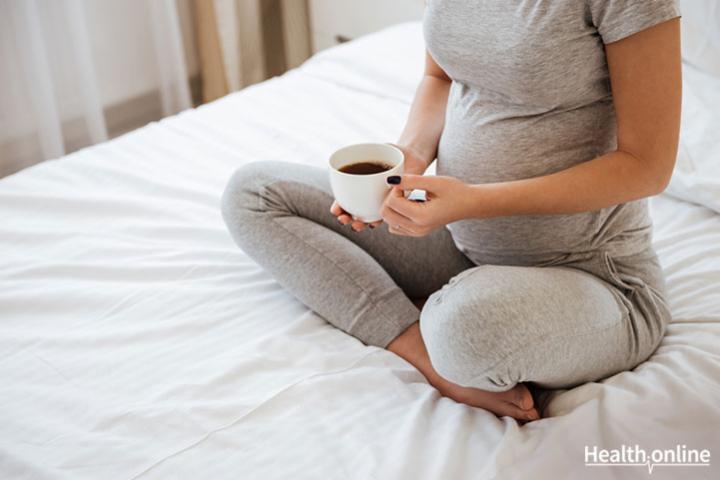
Effects of Caffeine Consumption During Pregnancy
Are you someone who cannot function without a cup tea or coffee in the morning? Caffeine is found in energy drinks, beverages, and even chocolates. When you consume caffeine, it enters the bloodstream, affecting your nervous system. Studies have shown that you must reduce the intake of caffeine during pregnancy. In fact, the American College of Obstetricians and Gynecologists (ACOG) state that not more than 200 mg of caffeine in a day is safe for pregnant women and their unborn fetuses.
Recommended Read: All About Nutrition During Pregnancy
How consumption of caffeine affects pregnancy?
Not only is caffeine a stimulant, but it is also a diuretic. In other words, excessive consumption of caffeine during pregnancy can cause dehydration and elevate your blood pressure as well as increase your heart rate. Caffeine might not directly be harmful to you, but it will eventually pass through the placenta and reach your uterus. While you can handle the jolt of caffeine on your nerves, a baby’s growing metabolism is still fragile and cannot deal with the same. Some studies show that consumption of excessive caffeine during pregnancy might result in a lower-than-normal birth weight of a child. It is also said that too much caffeine makes it difficult for women to conceive. Caffeine might also make you feel uneasy, jittery, and cause indigestion or heartburn. It might keep you awake at night.
Recommended Read: Common Mistakes Made By Pregnant Women
How much of caffeine consumption is safe?
Pregnant women should limit their caffeine intake to less than 200 mg per day. This is equal to about one 12 oz cup of coffee. If you’re finding it hard to reduce your caffeine intake, try bringing it down slowly. Not only will your body feel lighter, but you will also feel much fresher once your body is decaffeinated. If giving up on tea or coffee is hard for you, you could consider consuming decaffeinated beverages. Try switching to healthier drinks; warm honey with lime juice, fresh fruit juices and smoothies are all great options, and once you are acclimated, you will never suffer from the effects of caffeine during pregnancy.
Truth or fiction?
- Caffeine can cause miscarriages:
While there are no facts to support this statement, caffeine during pregnancy might result in a sudden miscarriage.
- Caffeine results in birth defects
It has been said that excessive caffeine may cause infertility , premature delivery, reproductive problems, and birth defects.
- Breastfeeding while caffeinated causes developmental issues
Since your bloodstream processes the caffeine, your baby might face some problems if you are still breastfeeding. The American Academy of Pediatrics (AAP) has stated that breast milk does contain some amount of caffeine; so excessive caffeine intake during pregnancy might make your child irritable.
Recommended Read: Practical Tips for Breastfeeding Success
You should read the labels of every caffeinated product you consume and check the amount of caffeine it contains. If you’re addicted to caffeine and find yourself suffering from withdrawal symptoms like headaches, consult a doctor before buying OTC medicines, as many of those do contain caffeine too. Regulate beverage intake and try to stick to healthier decaffeinated drinks for a safe pregnancy.
Keep yourself updated with the latest on Family Planning & Pregnancy . Like us on Facebook and follow us on Twitter for more on Health , Parenting and Diet & Nutrition . Also, check out our Health Tools and try out our health-related Quizzes .




